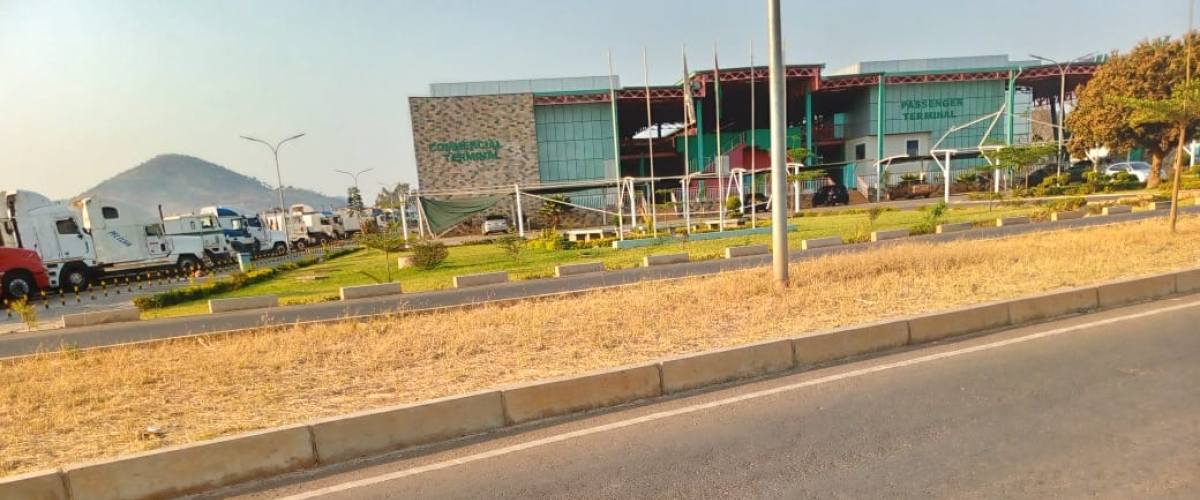
By Happy Mulolani
A Zambian Climate Change Activist Abel Musumali says transboundary areas such as the Malawi-Zambia (MAZA) Transfrontier Conservation Areas (TFCA) are important sources of natural resources between countries that need to be preserved.
Mr Musumali, who is also Chief Executive Officer of The Abel Musumali Foundation and a member of the Zambia Climate Change Network (ZCCN) calls for the protection of the transboundary areas as they are key for maintaining the ecosystem.
This follows the high annual rate of deforestation in Zambia estimated to affect about 172,000 hectares.
In particular, Mr Musumali cited, “the no man’s land in Eastern province of Zambia which borders Malawi, as having a high rate of deforestation in the no man’s land area.” Mr Musumali narrates that the level of deforestation varies according to province. “For example, other provinces most affected regions include Luapula and Copperbelt provinces respectively” (GRZ 2016).
According to ZEMA (2020), activities that focus on agriculture, construction, and charcoal production, especially in rural communities are directed towards meeting urban energy demands, all culminating in deforestation and forest degradation.
This presents the opportunity for communities located in this particular TFCA to embark on economic activities that may either impact positively or negatively on the natural resources of some countries. For instance, Zambia and Malawi, Zambia and Namibia, Zambia and Zimbabwe, are among some of the countries located in respective TFCAs no man’s land.
Mr Musumali argues that transboundary space needs adequate protection to maintain the economic system, especially being located in the Common Market for East and Southern Africa (COMESA) and Southern Africa Development Community (SADC) region.
“The presence of SADC protocols needs to ensure that the two countries are protected especially if either one country has not tightened controls of cutting down of trees that is depleting natural resources as well as affecting the ecosystem,” Mr Musumali states.
He explains that some activities such as mushroom harvesting and non-seasonal activity like beekeeping, among others, pose no danger to the ecosystem and remain an exception for communities to thrive on.
This situation requires a panacea focused on addressing these illegal activities which need to be curbed through concerted efforts and building strategic partnerships to the benefit of the affected countries. To ensure the ecosystem is protected, there is a need for Civil Society Organisations (CSOs) to sensitize communities and raise awareness of the dangers of deforestation and encroachment.
IUCN (2016) suggests that “deforestation and forest degradation are associated with periods of socio-economic development, as well as periods of economic decline.” This calls the need for Zambia to also take advantage of strengthening the Environmental Management Change and Zambia National Policy Climate Change, which is under review.
In his official address to the 13th National Assembly of Zambia recently, President of Zambia Hakainde Hichilema retaliated that the Government was making strides in reversing forest and land degradation. Currently, 20,000 hectares of degraded rangelands have been restored.
President Hichilema said, “government facilitated the restoration of 110 hectares of degraded land in mining areas, resulting in a six percent reduction in loss of biodiversity.”
These efforts show the country’s commitment and emphasis on the protection of the transboundary frontier given that Zambia has committed itself to protect and preserve natural resources through the Ministry of Green Economy and Environment.
The Author is the Principal Agricultural Information Officer for the National Agricultural Information Services (NAIS).





